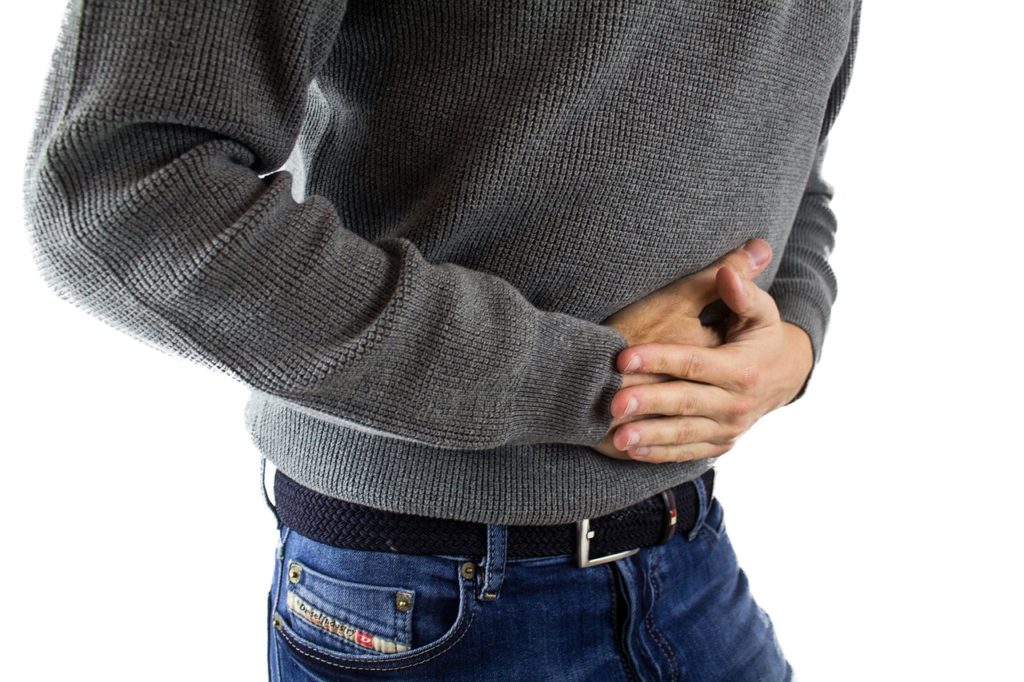Question of the week from Katy in Houston: “I had RNY surgery 16 years ago. 2 months ago, I started with bad acid reflux. My PCP prescribed Prilosec 40 mg 1 a day in the morning and Zantac 300 mg 1 hour before bed.
I’ve changed my diet and all day long I feel a bad tasting acid leak into my throat. Nothing is helping. I need your opinion please. Thank you”
Dear Katy,
Gastric bypass surgery for morbid obesity protects against acid reflux. The procedure does not reinforce the anti-reflux barrier like Nissen fundoplication but diverts most of the gastric acid away from the esophagus. Furthermore, the Roux limb, also called alimentary limb, that channels food from the small gastric pouch into the common channel acts as a negative pressure system. It favors gastric pouch rapid emptying rather than reflux back into the esophagus. If a hiatal hernia is present, the gastric pouch is exposed to the negative intra-thoracic pressure favoring reflux into the esophagus. Concomitant esophageal dysmotility demonstrated by esophageal manometry and contrast pooling in distal esophagus on UGI further exacerbates acid reflux in the setting of a hiatal hernia.
Furthermore, a short alimentary limb (typically less than 30 cm), favors bile reflux into the gastric pouch and distal esophagus. A gastro-gastric fistula can also cause severe acid reflux and may develop years after initial surgery. Such fistula develops following staple line breakdown between gastric pouch and gastric remnant.
As you can see, Katy, many factors contribute to severe reflux following gastric bypass. Starting Prilosec and Zantac without proper and comprehensive evaluation by a reflux specialist will only mask your symptoms. Your workup must include upper endoscopy, and UGI contrast study. Ambulatory pH testing and esophageal manometry may be added if needed. You need to treat the underlying cause, (not the symptoms), of acid reflux for permanent and effective relief.

